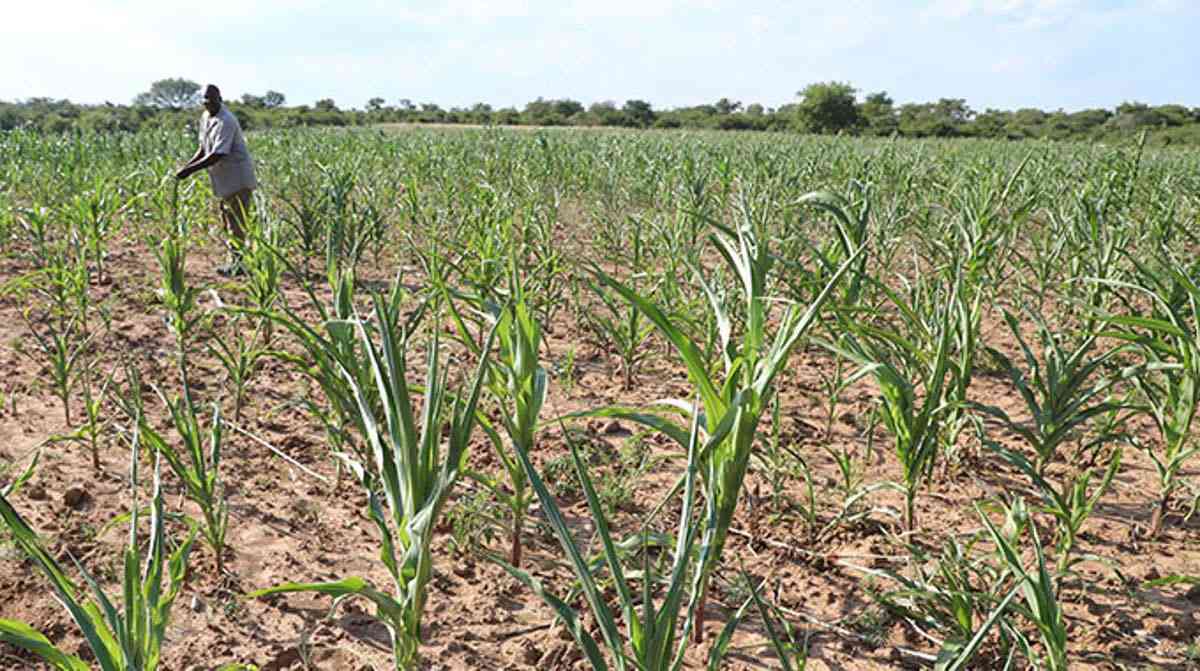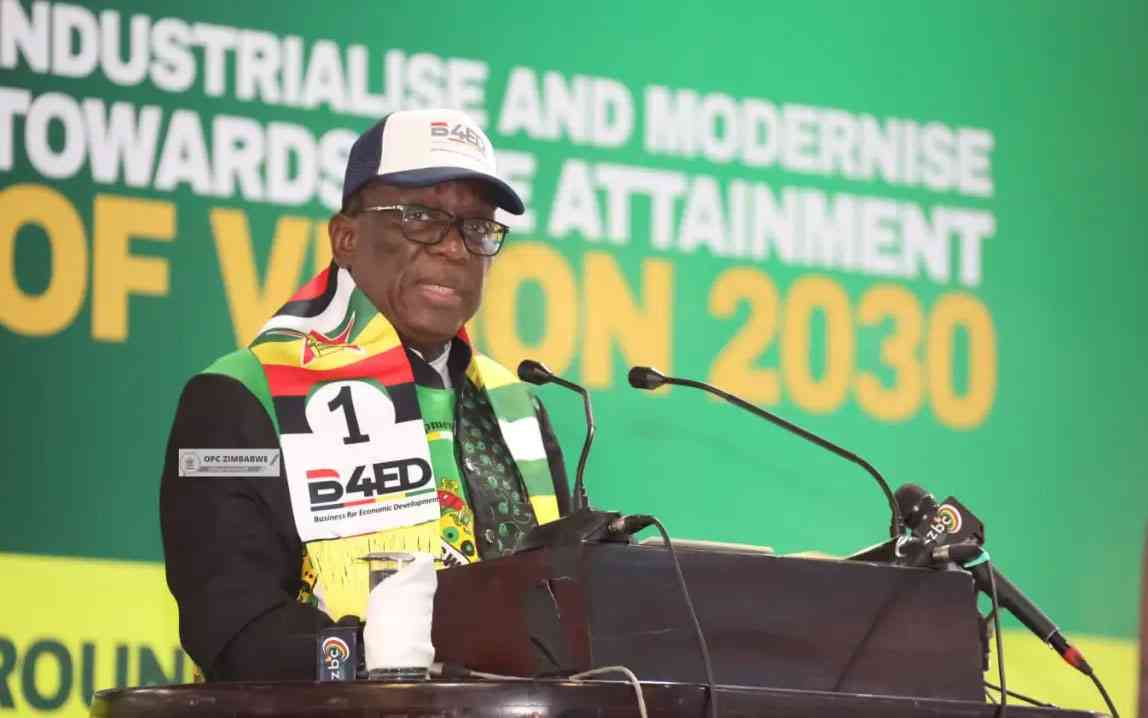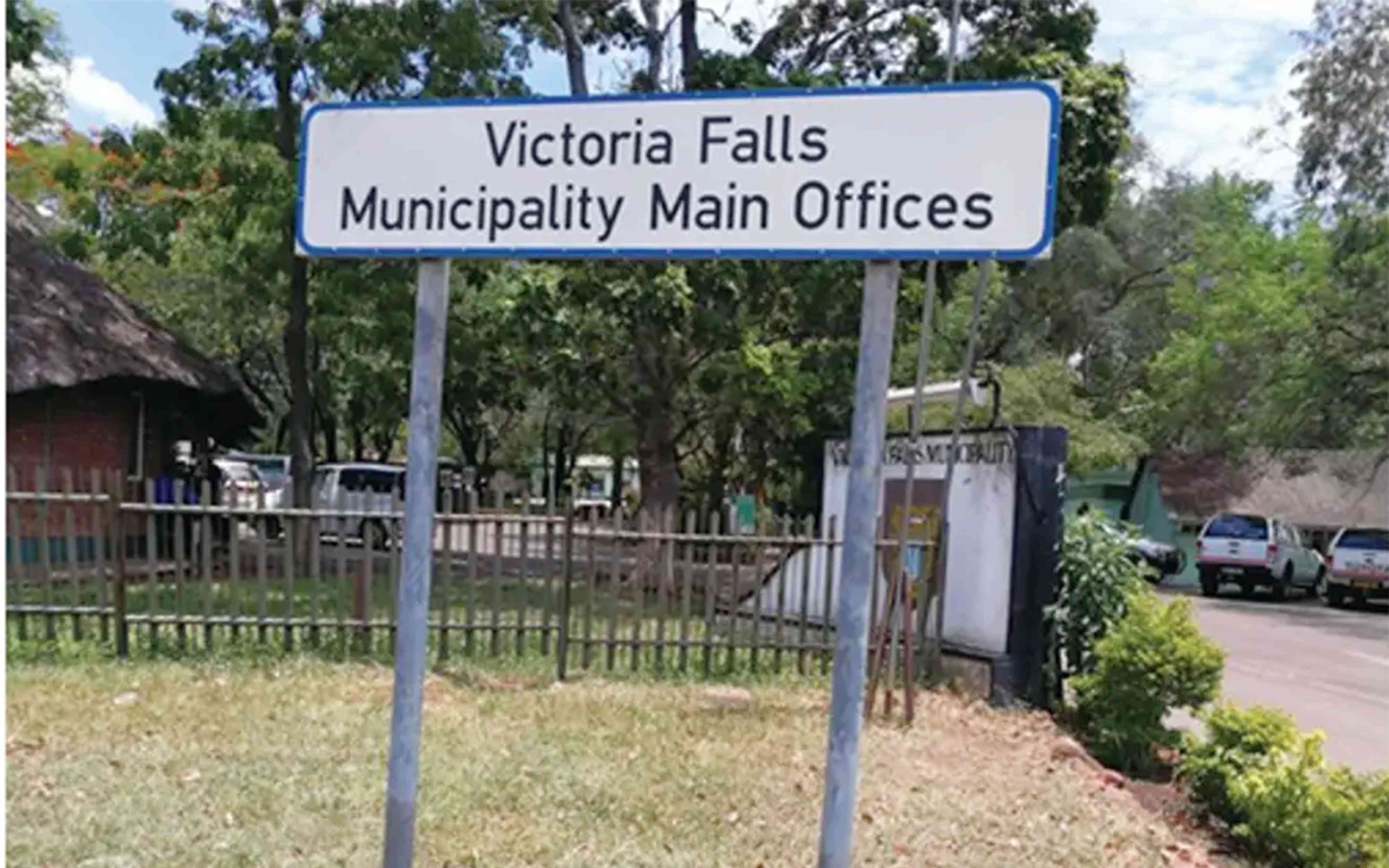
OUTPUT from Zimbabwe’s tobacco farms is seen falling nearly 10% to 265 million kilogrammes this season, from 294 million kilogrammes previously, official data showed this week, showing the effects of an El Niño induced drought.
Tobacco is one of Zimbabwe’s biggest foreign currency earners, and the expected lower output will likely further complicate the country’s volatile economic situation.
This year’s marketing season will commence on Wednesday next week.
The drought has unsettled markets, with farmers’ unions saying last week Zimbabwe’s staple maize crop for the 2023/2024 season was a total write off.
It has affected crop yields in six southern African countries including Zimbabwe.
Chelesani Tsarwe, public affairs officer at the Tobacco Industry and Marketing Board (TIMB), told the Zimbabwe Independent that the number of growers had dropped as a result of drought.
“From the crop assessment exercise undertaken, which is a national tobacco forecasting exercise which helps us determine the national yield and production, the board anticipates a yield of 265 million kilogrammes,” Tsarwe said.
“(This) is, a consequence of the El Niñoconditions witnessed in southern Africa starting late last year," she added.
- Chamisa under fire over US$120K donation
- Mavhunga puts DeMbare into Chibuku quarterfinals
- Pension funds bet on Cabora Bassa oilfields
- Councils defy govt fire tender directive
Keep Reading
Swaths of fields have wilted, with farmers saying most of the affected crop would not recover even if rains returned.
Thousands of cattle have already died due to water shortages in Matabeleland South and some parts of the country, while wildlife experts have warned of a rise in poaching as water shortages mount.
El-Nino induced weather patterns have amplified an already dire situation in Zimbabwe, which is battling to shake off an intractable economic crisis marked by a free-falling currency.
But on the tobacco front, one of the factors affecting production has been the issue of payments.
Farmers have said they prefer payments in United States dollars, instead of the free falling Zimbabwe dollar.
Tsarwe said farmers will this season receive 75% of their payments in US dollars.
The remainder will be payable in the local unit.
“When it comes to payment of growers, the board is guided by the Reserve Bank of Zimbabwe (RBZ),” she highlighted.
“For this season, RBZ advised that the foreign currency retention for tobacco growers for the 2023/24 tobacco marketing season was standardised at 75% in line with the retention level for other market players.”
“Given that the 25% to be paid to tobacco growers in local currency is applied on the net sales proceeds after settlement of all the loans, levies and other marketing costs, the net effect of this arrangement is that the tobacco grower shall effectively have a foreign currency retention which is higher than 75%,” she added.
Last year’s deliveries were driven by small scale farmers who contributed 60% of the output, which raked in $US890 million.
In 2022, Zimbabwe generated US$621 million from sales of the golden leaf.
Commenting on the measures that the regulator has put in place to address a range of challenges that arise during the marketing season, Tsarwe said TIMB was introducing a new transport model to serve farmers strewn across the country.
This new transport model, she added, would also ensure the transparent marketing of the golden leaf.
In essence, the transport system is meant to curtail rampant side-marketing gripping the sector.
“The transporter administrative framework prioritises developing a vibrant system that monitors the movement of tobacco from the primary source up to the market. It is anchored within some of the principles and standards that TIMB has set itself, which is transparency and fairness,” she told the Independent.
The new system, Tsarwe added, would track the movement of the crop.
“For the 2023/24 marketing season, the board has introduced a tobacco transporter administration framework.
“The objective of the regulatory framework is to ensure that there is full compliance with regulations and standards in the tobacco sector.”
"Activities in the tobacco sector specifically cover production, transportation, marketing, purchasing, selling, manufacturing and exportation of tobacco, research, and development,” she said.










